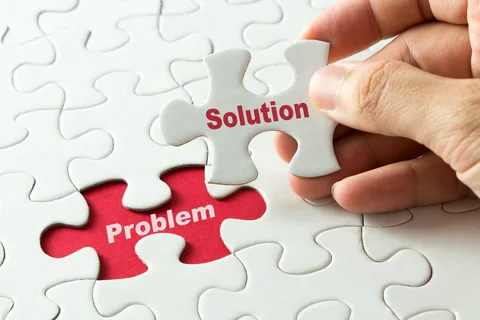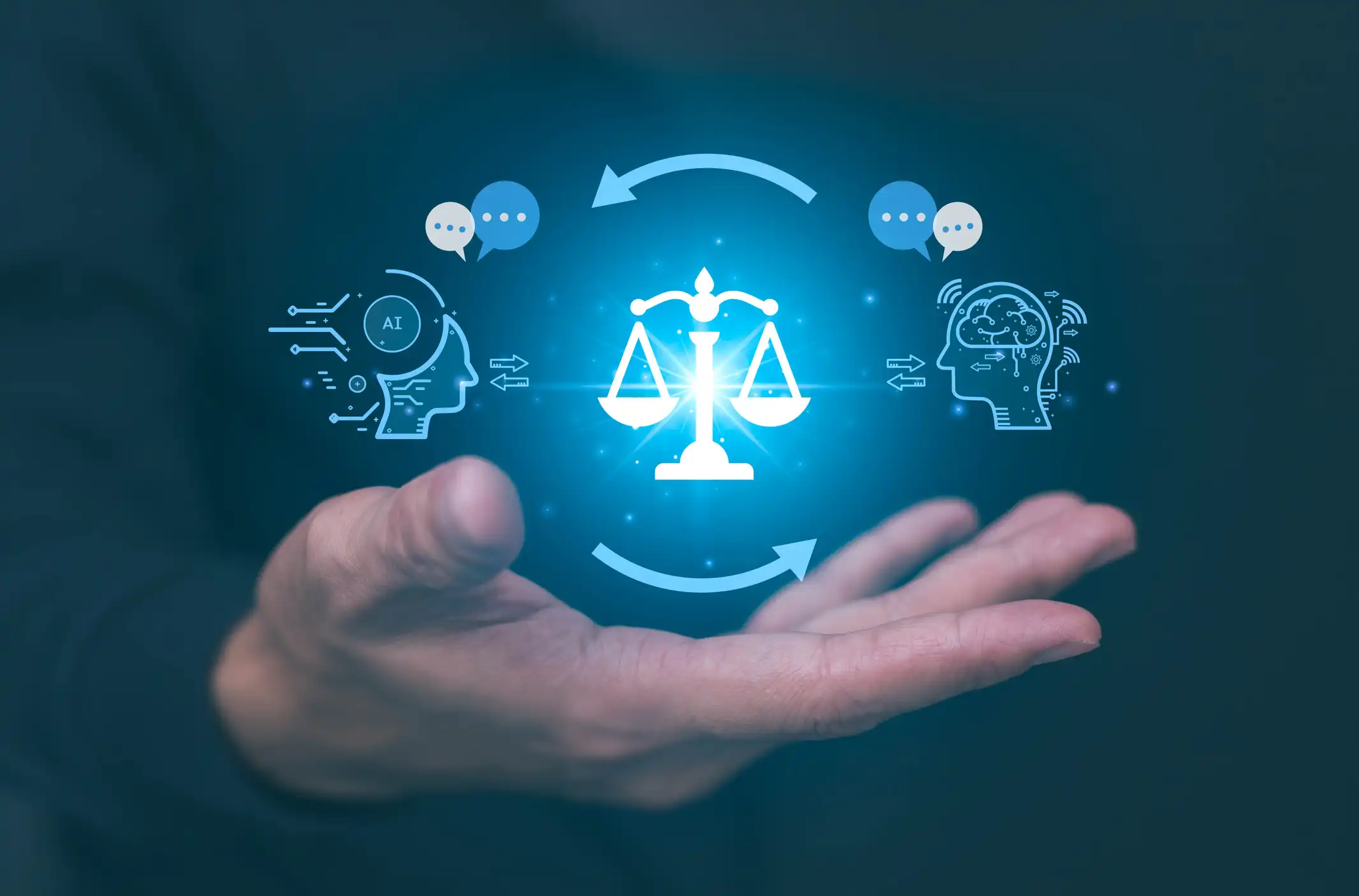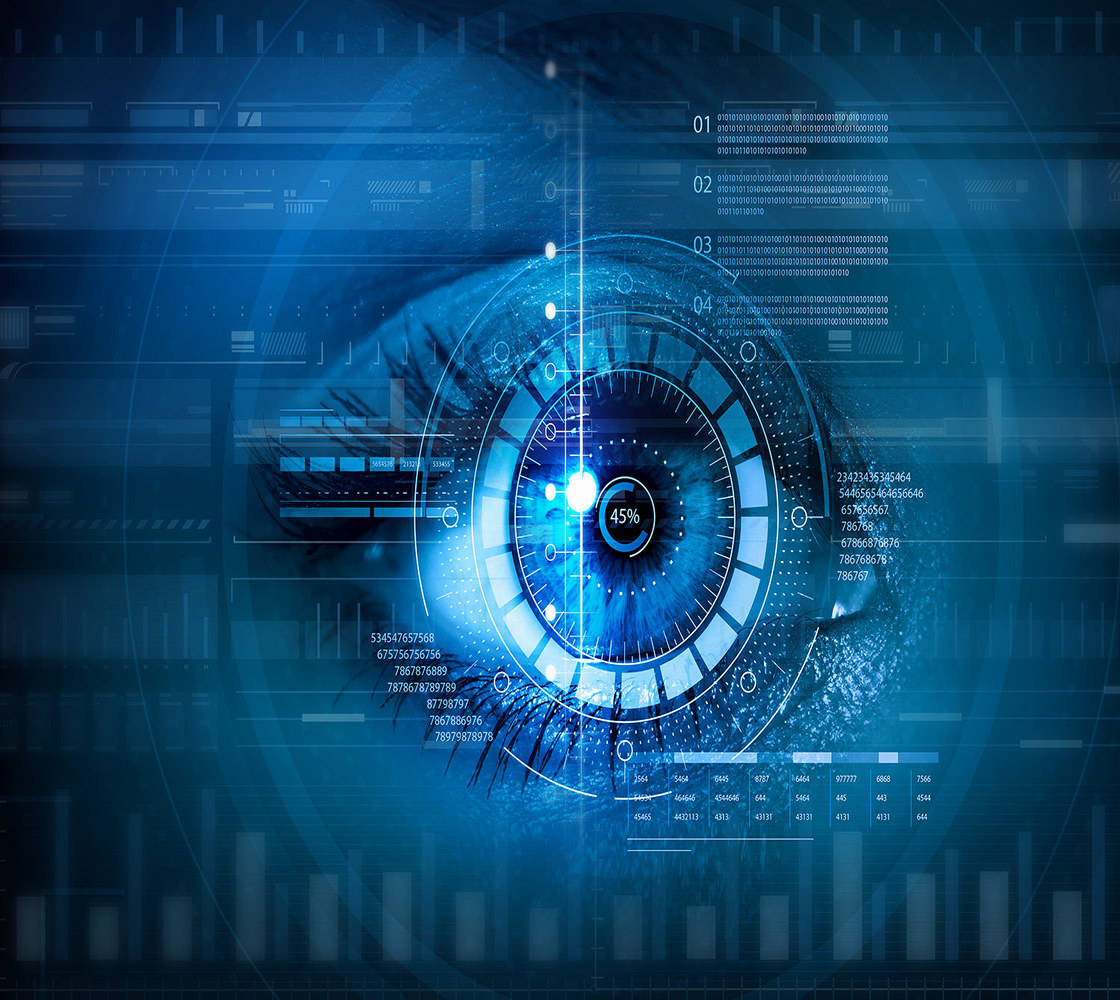Build Decentralized Applications with Custom Blockchain Development Services
Start with a Free
Consultation
Startups
- Startup App Development
- Startup Prototype
- E-Commerce Development
SMB
- Flutter App Development
- Mobile App Support
- Wearable App Development
Enterprise
- IT Staff Augmentation
- Blockchain Development
- IP Protection
Start with a Free Consultation
Blockchain - The Next
Chapter in Software
Development
Build Web 3 Applications
with Blockchain Application
Development Services

Decentralized Infrastructure:
Blockchain application development serves as the foundation for Web 3 by enabling decentralized infrastructure. Through the use of distributed ledger technology, blockchain applications can operate without the need for central authorities, allowing for peer-to-peer interactions and data storage. This decentralization enhances security, transparency, and trust in online transactions and interactions.

Tokenization and Digital Assets
Blockchain application development facilitates the tokenization of assets, allowing for the representation of physical and digital assets as cryptographic tokens on a blockchain. This tokenization enables fractional ownership, increased liquidity, and enhanced interoperability of assets within the Web 3 ecosystem. Developers can create decentralized applications (DApps) that utilize tokenization to enable new forms of digital ownership, incentivize user participation, and unlock novel economic models.

Interoperability and Cross-Chain Integration
Blockchain application development promotes interoperability and cross-chain integration, enabling seamless communication and interaction between different blockchain networks. By utilizing interoperability protocols and standards such as cross-chain bridges and interoperability layers, developers can create interconnected ecosystems that leverage the unique features and capabilities of multiple blockchains. This interoperability fosters collaboration, scalability, and innovation within the Web 3 landscape, paving the way for a more interconnected and inclusive decentralized web.
Our Blockchain App Development Services
Blockchain Consulting
At the core of our blockchain app development services lies our meticulous blockchain consulting process. We understand that every business is unique, with its own set of challenges and objectives. Our team of experts conducts a thorough examination of your business to identify opportunities where blockchain technology can be strategically leveraged to enhance results
Custom Blockchain Development
Our expertise in custom blockchain development allows us to create tailored solutions that address specific business requirements. We recognize that one size does not fit all in the realm of blockchain applications. That's why we take a client-centric approach, focusing on understanding your unique needs and objectives before crafting bespoke blockchain solutions.
dApp Development
Decentralized applications, or dApps, are revolutionizing the way businesses operate in the web 3.0 era. Having a team experienced in providing blockchain development services, we specialize in dApp development that enables businesses to thrive in a decentralized ecosystem. By leveraging blockchain technology, we empower businesses to create secure, transparent, and resilient applications that transcend traditional boundaries.
E-wallet Development
In the blockchain development process, e-wallet development plays a crucial role in facilitating seamless transactions and fostering user adoption. As part of our blockchain development services, we specialize in creating secure and user-friendly e-wallet solutions that empower businesses and consumers alike.
NFT Development
Our blockchain experts help businesses create and deploy Non fungible tokens on blockchain. Collaborating with Hudasoft ensures your NFTs are created according to NFT standards, along with smart contraccts to define the rules for transferability and use of NFTs that make your digital and/or physical assets secure.
Distinguishing Features of
Blockchain Applications

Smart Contracts
Smart contracts are a defining feature of blockchain, and one of the key technologies that make blockchain decentralized and secure. They are self-executing contracts with the terms of the agreement directly written into code. They automatically execute and enforce the terms of an agreement when predefined conditions are met, eliminating the need for intermediaries. This offers businesses increased efficiency, reduced costs, and enhanced transparency in transactions.

Immutable and Decentralized Record
Blockchain maintains an immutable and decentralized record of transactions. Once data is recorded on the blockchain, it cannot be altered or deleted, ensuring transparency and integrity. Decentralization means that this record is distributed across a network of computers, making it resistant to tampering or manipulation by any single entity. This feature enhances trust and reliability in transactions, as there is no central authority controlling the data.

Distributed Ledger
A distributed ledger is a synchronized and decentralized database shared across multiple nodes or participants in a network. Each participant maintains a copy of the ledger, and any changes or transactions are recorded and propagated across the network. This eliminates the need for a central authority to verify and record transactions, reducing the risk of fraud and errors. The benefits of distributed ledger technology include increased transparency, enhanced security, and improved efficiency in data management and reconciliation.

Impenetrable Security
Blockchain security is achieved through cryptographic techniques and consensus mechanisms that make it extremely difficult for unauthorized parties to alter or access the data on the blockchain. Each block in the blockchain is cryptographically linked to the previous block, forming a chain that makes it nearly impossible to tamper with historical records. Additionally, consensus algorithms such as proof of work or proof of stake ensure that transactions are verified and added to the blockchain in a secure and transparent manner.
Blockchain Development
Process at Hudasoft
Conceptualization and Requirements Gathering
Define the specific use case for the blockchain application, gather requirements, and identify the key features and functionalities it should offer.
Architecture and Design
Design the architecture of the blockchain application, including choosing the appropriate blockchain platform (e.g., Ethereum, Hyperledger), consensus mechanism, data structure, and smart contract design.
Prototype Development
Develop a prototype of the blockchain application to validate the concept and functionality. This may involve creating mock-ups or a minimum viable product (MVP) to demonstrate key features.
Smart Contract Development
Write and deploy smart contracts that encapsulate the business logic of the application. Use programming languages like Solidity for Ethereum or Chaincode for Hyperledger Fabric to define the rules and interactions within the blockchain.
Testing and Security Auditing
Conduct thorough testing of the blockchain application to ensure its security, functionality, and performance. This includes unit testing of smart contracts, integration testing of the entire system, and security auditing to identify and mitigate vulnerabilities.
Deployment and Maintenance
Deploy the blockchain application on the chosen network (public, private, or consortium) and make it available to users. Continuously monitor the application, address any issues that arise, and provide regular updates and maintenance to ensure its smooth operation and security.
Hudasoft – Your Blockchain Development Company
Frequently Asked Questions
How can Blockchain Development Services solve specific challenges within my industry?
How can Blockchain Development Services benefit my business?
What distinguishes custom Blockchain Development Services from standard solutions?
How do I choose the right Blockchain App Development Company for my project?
What is the Blockchain Development Process typically like?
Our Latest Blog Posts

7 Tricks for Testing MVP Development Success
- July 25, 2024

Business Problems that can be Solved by AI
- July 23, 2024

Predictive AI vs Generative AI
- July 20, 2024

7 Tricks for Testing MVP Development Success
- July 25, 2024

Business Problems that can be Solved by AI
- July 23, 2024

Predictive AI vs Generative AI
- July 20, 2024

Business Case for Enterprise Application Development
- July 19, 2024

How Generative AI and Computer Vision Drive Productivity
- July 13, 2024

The Role of AI in Mobile App Development
- July 12, 2024

Generative AI vs. Large Language Models (LLMs): Decoding the Distinction
- July 11, 2024

Shopify Store Development Cost – All You Need to Know
- June 14, 2024
Book Free Consultation
Home - Blockchain App Development
